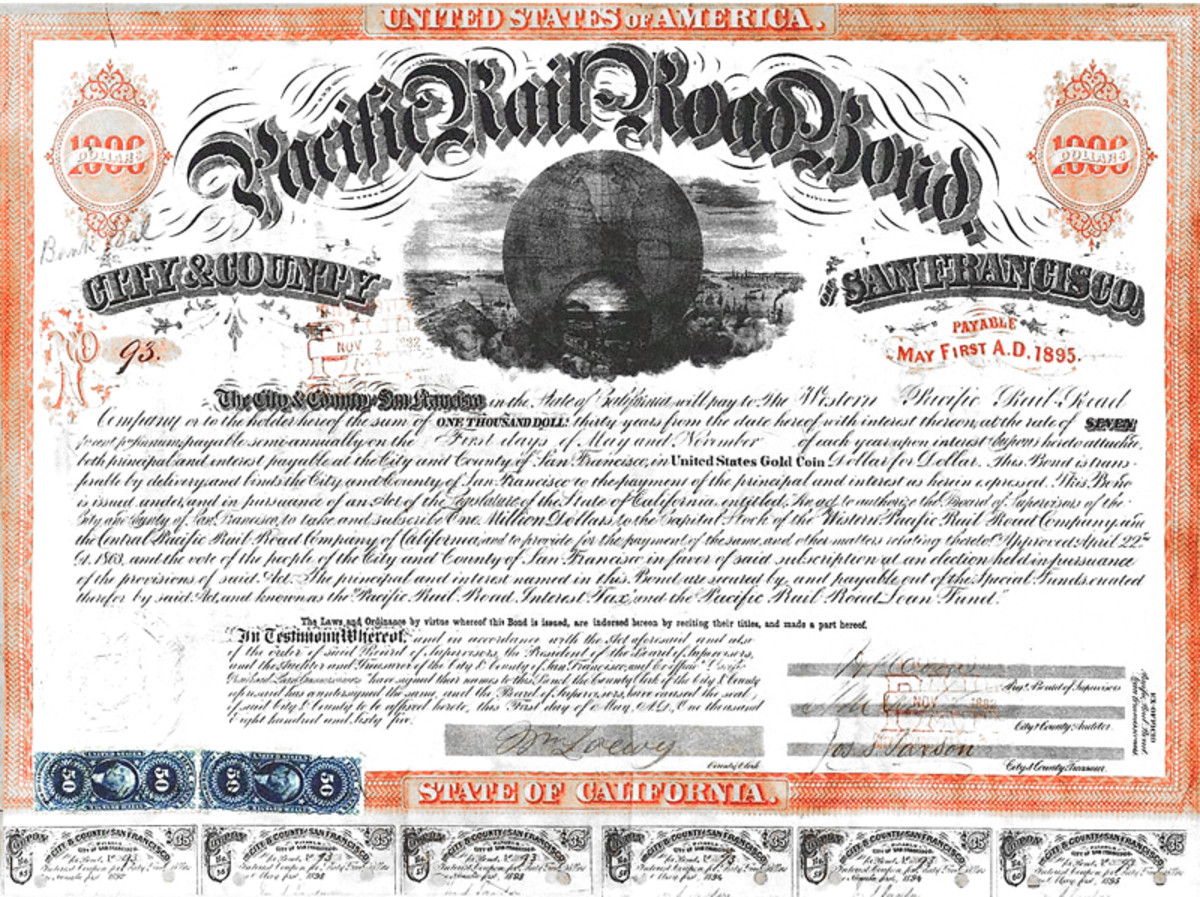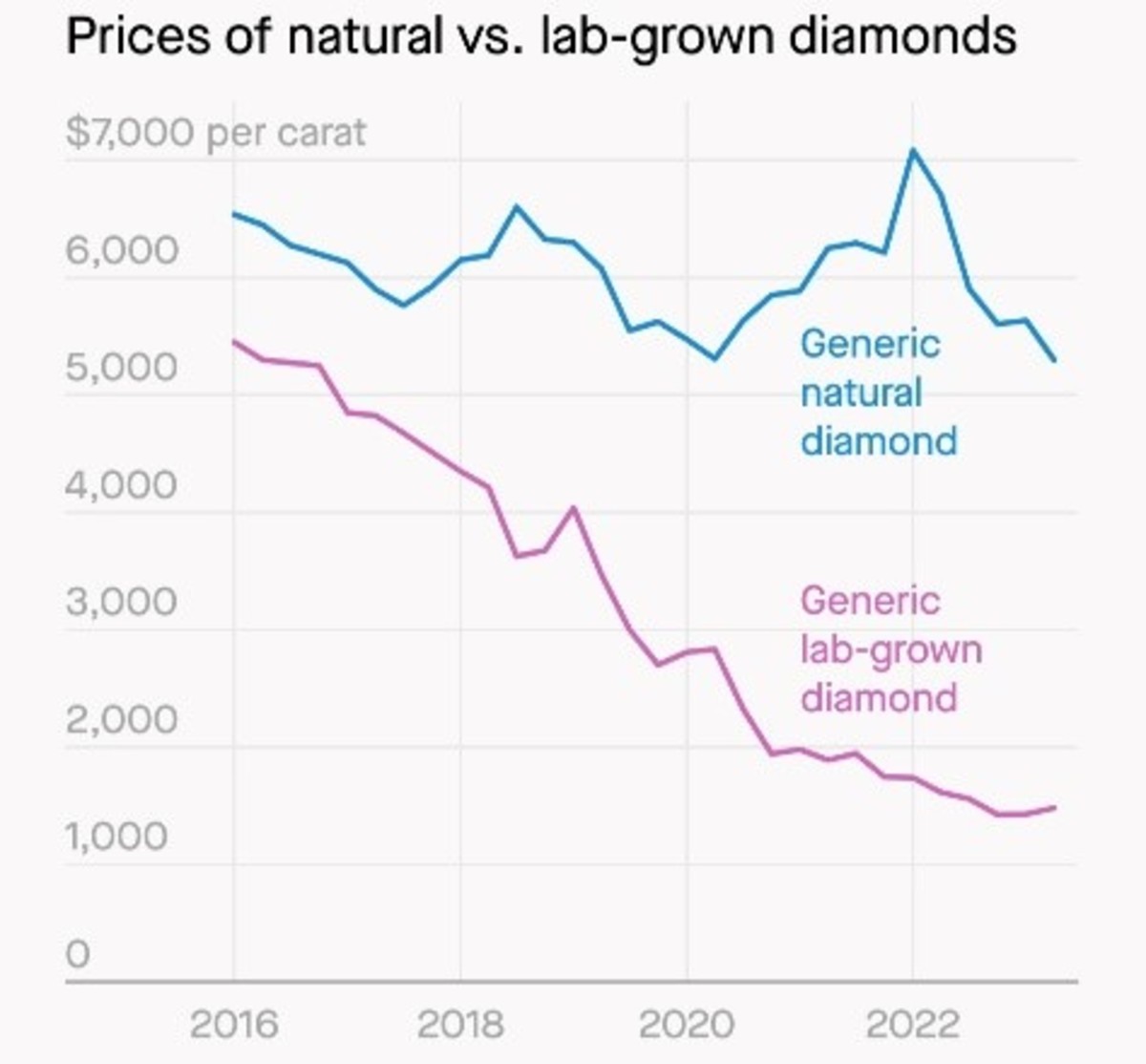Are You Investing, Trading, or Gambling?
But isn't the stock market like gambling?
You may have heard that playing the stock market is like gambling. Sometimes it's compared to betting on horse races. And often people talk about "speculators" like that's supposed to be a bad thing!
I've grown up hearing these kinds of statements, and as a result lost many years that I could have been investing at 10-12% instead of saving at 1-2%. When you are trading, your potential income is even higher. Professional traders often make 30-35% in a year.
Gambling, if you want to know the truth, is like playing the lottery. It's like craps. When you are gambling you have no way of knowing what the future holds. Dice and random numbers have no patterns. No matter how many people have tried to "predict" the winning lottery numbers using computer programs and the mathematics of probability, they still can't get a system that works much better than someone who plays their birthday or their social security number.
Even betting on horse races is less of a gamble than the lottery. You can do research and see how the horses have raced in the past. You may know that one does well in rain, and another doesn't. It's still a risk, but the more research you do, the less risk you are taking.
Invesement Options
There is some risk involved in investing as well. And how much risk is often tied more to how much research you do than to the type of investment you purchase. For years, people swore that real estate was a no-risk investment because prices always have gone up. In the last couple of years we have seen real estate prices drop. But there were people predicting this bubble-burst cycle 10 years ago. Someone who was doing good research in the field of real estate would have probably gotten out of the market before the bubble burst.
Whether you invest in stocks, real estate, or Pokemon cards, there is always a chance that the value may go down rather than up. The dog could find your Pokemon collection, the house could burn down, or Microsoft could suddenly go out of business.
In each of these cases you could probably prevent or limit your loses by planning ahead. If you keep your cards in a safe place, insure your house, and pay attention to the latest news on Microsoft and you will have a lot less risk of losing your investment.

What is an Investment?
When you are investing, you purchase something that you believe will go up in value. There is always some risk that you will be wrong, but well-researched investments are not as risky as you may think.
The key here is "well-researched".
Getting a stock tip from a friend or in an email does not mean you have done any research. Before you put your hard earned cash into an investment, take some time to take a look at it's track record.
Test advice & tips against common sense.
If you want to invest in real estate, take a look at the real estate market in the area where you want to buy. Are prices going up every year? How does the price of property compare to the local wages? Is the market oversold or over bought? By asking some of these questions investors could have avoided some of the "housing bubble" that burst recently. The price of real estate went up so high, so fast, that ordinary people could not afford to purchase a home anymore.
When you research a stock, you want to take a look at the track record as well. What price range does the stock normally trade in? How is the company doing? (You can look at their financial statements online, usually by finding an "investor relations" link on their website.) Are there new products coming out soon? Use some common sense about their future prospects, are they likely to be doing as well in 10 years or 20 years? Will the demand for their products and services go up or down as people get older, or oil prices get higher?
A new car is an example of a very bad investment. As they say, the value drops as soon as you drive it off the lot. However, some used cars may become "classic cars" in the future. When you are investing, you are looking at how the value is likely to increase over time, not whether or not you "like" it today.
Almost anything can become a collectible, even children's toys may become valuable items over the years. People have made fortunes on everything from Barbie dolls to McDonald's kid's meal toys. Knowing which fads will become valuable is more of an art than a science and may take more than a little luck.
To become a good investor, you want to become a tend watcher. What are people, especially young people, interested in? You also will want to have a good understanding of basic economic principles like supply and demand. And a little psychology will help as well when you are trying to predict the future.
What is Day Trading?
Trading vs. Investing
If you ask an investor, they will tell you that trading is unsafe, to risky. They tie the higher returns to greater risk. If you ask a trader, they will tell you that "buy and hold" is the greater risk.
There are some good lessons to be learned from trading, even if you plan to be a long term investor. Traders look for good prices today that will be likely to go up tomorrow or next week. The biggest difference between traders and most investors is the time frame in which they hope to make money. The trader looks for smaller gains, much faster.
Traders pay attention to technical analysis (charts), and watch how the market reacts to overnight news stories. They may specialize in one or two stocks, and so know what the trading range and trend are for each of them.
You can practice trading with other items as well as stocks. A great example is a friend of mine who likes to go to garage sales. She will spend her weekends going from yard to yard checking on prices. She really likes furniture and appliances. Even though she already has stuff in her house... she buys things that are "great deals". I thought that was a little crazy until she told me how much she sold each item for on eBay! She was making 100% on most of her
"trades."


Trading can be seen in most retail businesses as well. They buy items at wholesale prices, mark them up, and sell them at retail. The mark up may not be 100%, or 30%, but because they do it over and over in bulk, they make a lot of money in the course of the year.
Traders in the stock market do the same thing. They don't make 30-35% on every trade. They make a lot of trades at 1-2%, which adds up over the course of a year.





